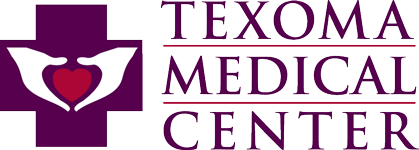Wellness Program
At the TMC Family Medicine Residency Program we believe striving for excellence and maintaining personal well-being can coexist. We realize the rigor of residency can cause stress, anxiety and burnout. And providing a safe supportive learning environment is of the upmost importance. There is no tolerance for toxic behavior, either from faculty, administration or fellow residents. Our positive psychology approach provides a culture of support and resiliency. Our faculty is dedicated to modeling vulnerability, mental agility and emotional intelligence. We want our residents to prioritize personal well-being and feel empowered to speak up if they are struggling. It is our sincere hope that residents will exhibit better coping skills, healthy lifestyle habits and insightfulness upon completion of their education at Texoma Medical Center.
Our wellness initiatives include:
Enhancement of peer and social support networks
Peer and social support networks play an important role in the learning and work environment for our residents. From Day 1 of our two-week New Resident Orientation, we are intentional about forming relationships. We facilitate team-bonding and journey-line presentations to foster a sense of closeness among residents. The Family Medicine Residency Program makes a concerted effort to normalize “asking for help.” During orientation and annually with the entire residency we address physician suicide, sleep/fatigue mitigation and warning signs of distress in oneself and/or peers.
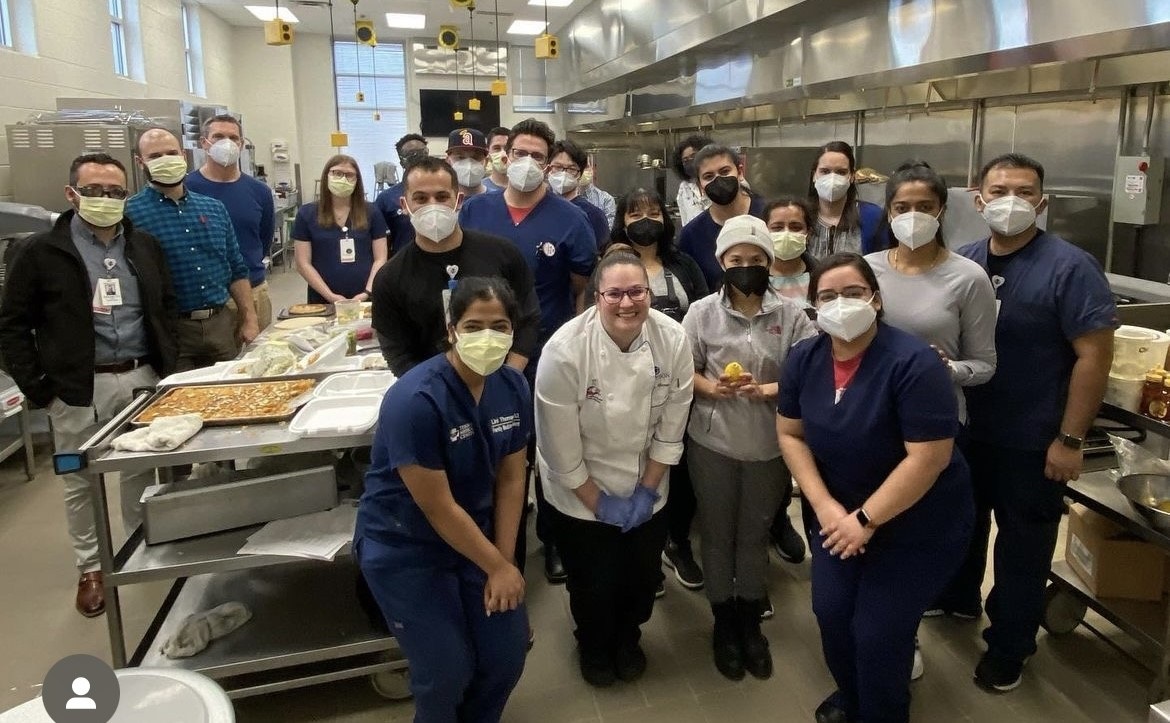
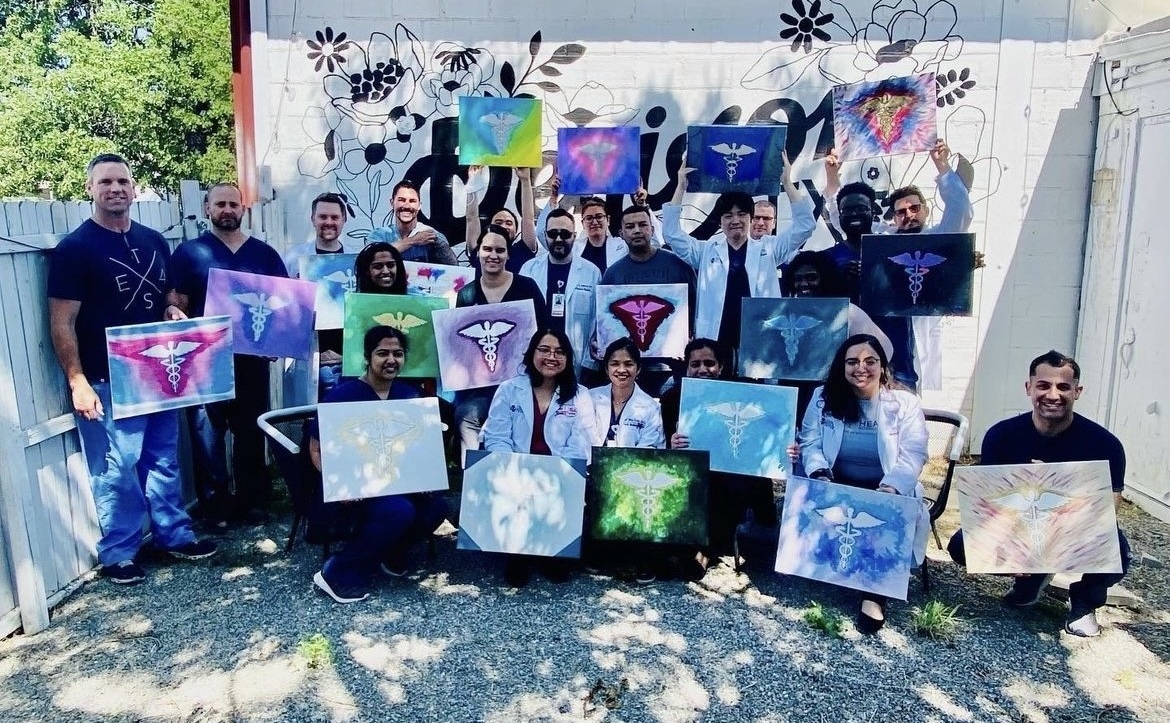
Encouragement of healthy lifestyles
Our full-time Behavioral Health faculty person is committed to promoting healthy lifestyles for residents and faculty alike. Among many initiatives throughout the year, we offer weekly yoga sessions, sunlight lamps in work spaces, and “Wellness Wednesday” tips, as well as virtual fitness and healthy eating competitions between GME staff/faculty and residents. The residents are treated to a Wellness Day during their didactic period on a quarterly basis and an off-campus overnight Resident Retreat every September.
Our hospital cafeteria and private resident lounge offer healthy food options. In addition to promoting physical activity and a balanced diet, we closely monitor duty hours, helping to ensure all residents have ample time for proper sleep hygiene. Addressing mental health concerns is also an integral part of promoting healthy lifestyles. All residents meet with a licensed counselor every six months for a “Wellness Check-in.” The “Wellness Check-ins” are crucial for recognizing those residents who might be suffering in silence and not seeking out the proper mental health treatment. Additional counseling services and outside resources are provided if necessary.
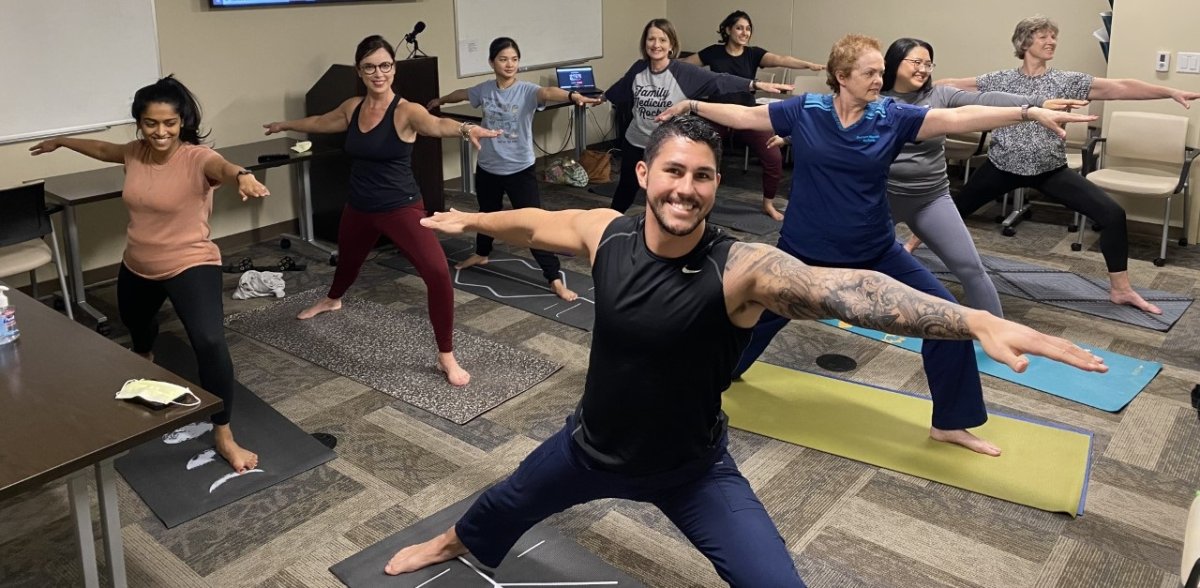
Promotion of resilience
We believe the ability to “roll with the punches” and accept change is a huge part of residency. During didactics we facilitate Balint-Style groups on a quarterly basis, giving our residents a safe space for sharing feelings, emotions and frustrations, which often arise in the helping profession. During our Balint-Style groups we try not to focus on solutions, rather we normalize feelings and move toward a mindset of acceptance in situations that cannot be changed. Resiliency training is a required didactic during the training of our physicians.
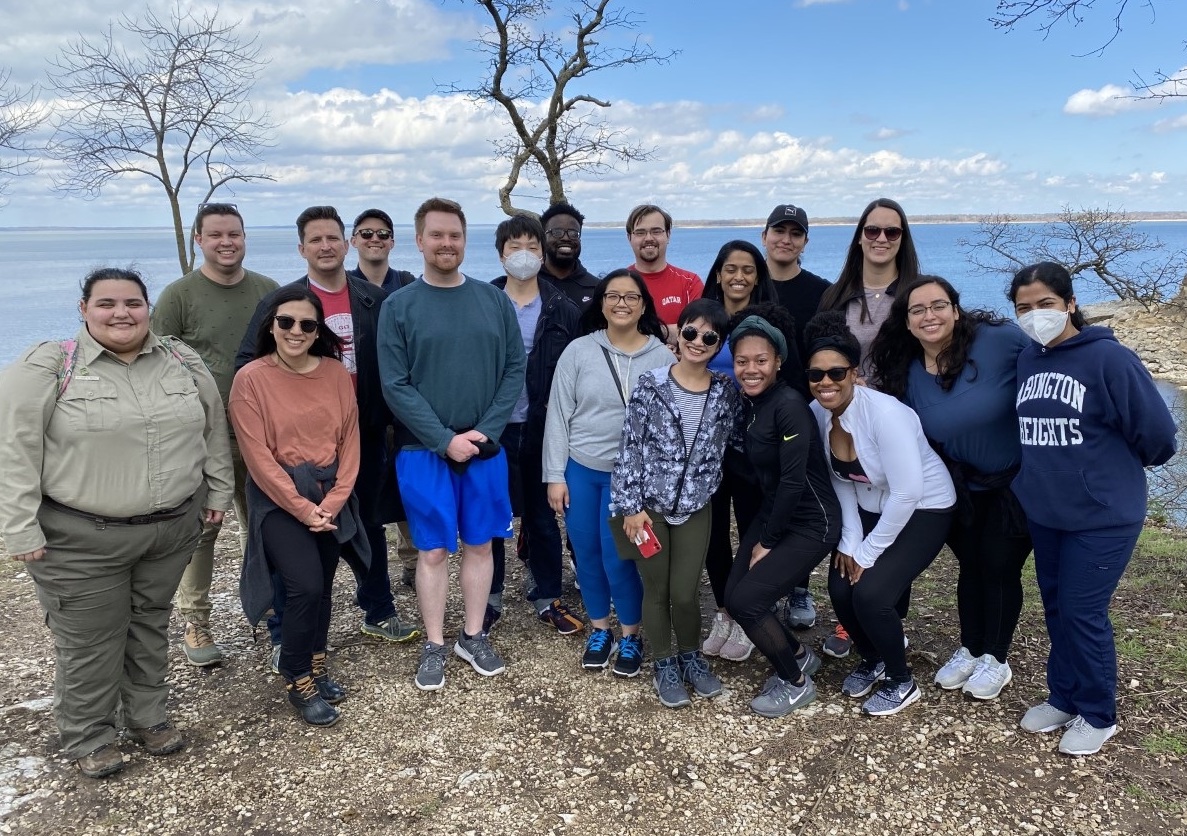
Supportive faculty and mentorship
The TMC Family Medicine Residency Program strives to remove intimidating barriers and promote approachability among faculty and learners. Each resident is assigned a faculty advisor at the beginning of residency. This advisor is dedicated and someone the resident can count on for on-going support both academically and personally. Community preceptors and attending physicians adopt an open-door policy allowing for impromptu questions and learning sessions. Town-hall meetings conducted by the Program Director are scheduled on a regular basis, giving the residents ample opportunity to voice frustrations, ask questions and propose changes.
RAFT (Residents and Faculty Together) lunches are held every six months for each individual PGY class, providing time with the program director and associate program director in a small group setting. The TMC Family Medicine Residency Program believes “you’re a human before you’re a doctor.” Tapping into the “human-ness” of the physician training experience is our top priority.
